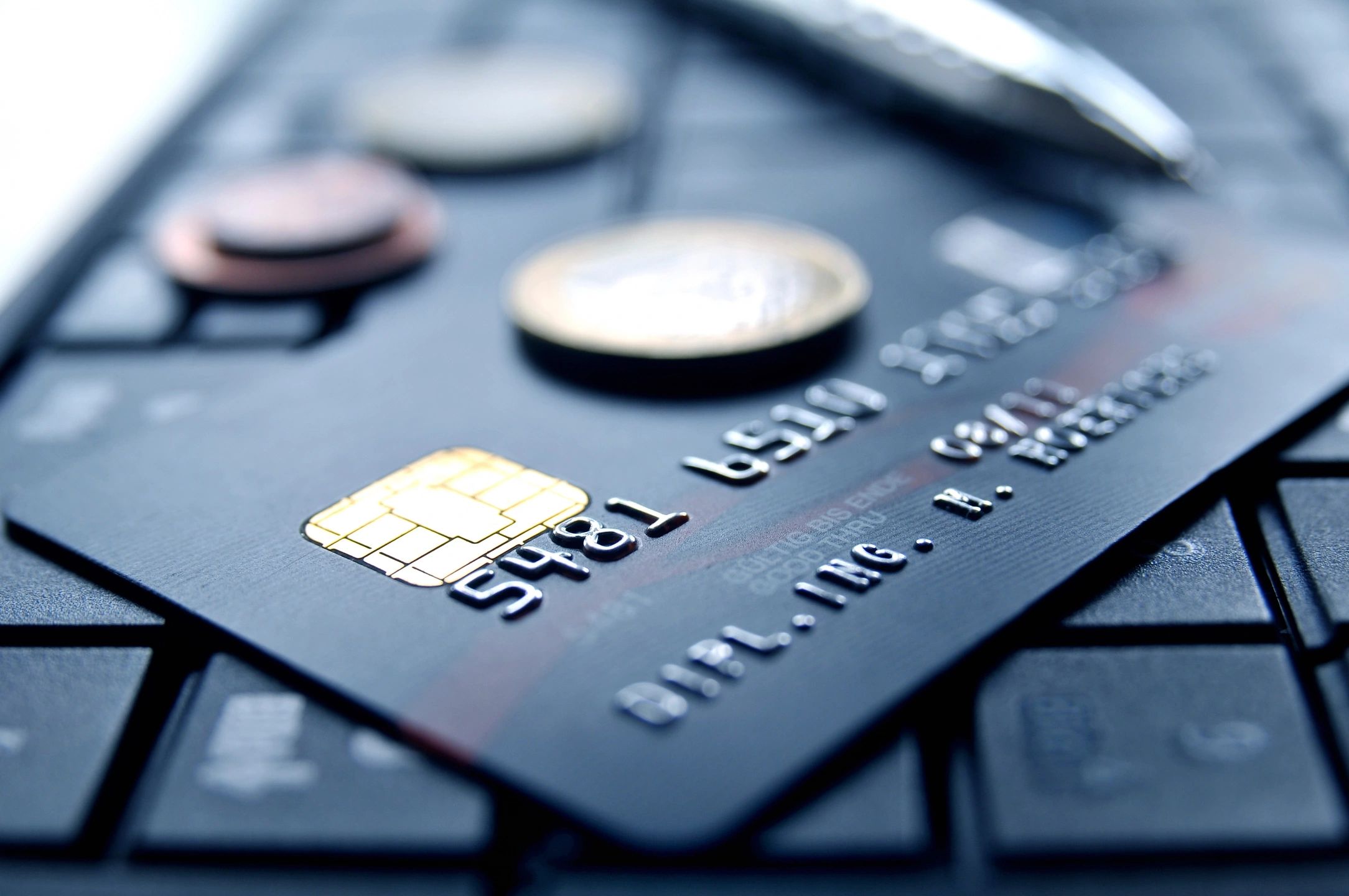The Need to Reform Electronic Money Transfer Regulations
All over the world, every day, millions of financial transactions take place at the press of a button. The words—and now the verbs—PayPal, TranferWise, and Venmo, are to payments what WhatsApp and Facebook are to messaging. Modern electronic money transfer (EMT) services have lowered transaction costs for individuals, facilitated business growth through e-commerce, and made payments a whole lot easier for everyone—except Lebanese. Like most other services in Lebanon that lag behind the modern world—read: electricity, water, healthcare, transport, internet, etc.—the reason EMT services have not developed to their full potential in Lebanon is not an issue of competence or capacity; instead, narrow-minded protectionism and years of market dominance mean Lebanese pay what, in 2019, can only be called extortionate amounts to make payments.
Opportunity, not threat
Using available EMT services, Lebanese can expect to pay anywhere from $15 to $35 to send $500 to someone abroad. In addition to transfer fees, Lebanese consumers also face other hidden fees, such as currency exchange rates priced some 5 percent higher than mid-market rates available through modern EMT platforms. Sending or receiving money locally can be cheaper, but considering that Lebanese receive around $7.5 billion to $8 billion every year in remittances, our loved ones foot a bill they would not need to if we were in Egypt, the Emirates, or Jordan—all of which now have access to modern EMT services. What’s more, services such as direct caller billing could provide Lebanon’s unbanked with access to financial services, meaning another 55 percent of the population would start using these services. But not all Lebanese lose out from the financial status quo.
Around 65 commercial banks, along with a few money transfer institutions, are licensed to carry out domestic and international EMTs by Banque du Liban (BDL), Lebanon’s central bank. As a result, these institutions enjoy a dominant market position, and have little interest in offering globally competitive EMT fees, on the spot services, or mid-market currency exchange rates. In fact, banks have come to rely on fees as a major source of income. Non-interest income is equal to around 70 percent of what commercial banks profit from interest, according to the latest figures available from the Association of Banks in Lebanon.
In fact, only one EMT license has been issued to an ‘independent’ and ‘modern’ EMT service: PinPay. PinPay, however, was only issued that license when Bank Audi and Bankmed bought the company and vouched for PinPay’s solvability and security (Fransabank invested later). The two banks then made PinPay only available to their clients, a service other banks in Lebanon have now copied. In effect, this acquisition strategy nipped Lebanon’s only home-grown modern EMT service in the bud, bringing us all back to where we are now—still unable to make electronic payments to anyone outside our own banks without paying exorbitant fees.
In late 2018, Law 81 on Electronic Transactions and Personal Data was passed introducing electronic signatures and standards on data privacy in electronic transactions. While the law brings new hope for modern EMTs, it also places the buck squarely at the feet of BDL, giving it the sole power to update its currently broad and nearly two-decade old EMT regulations. Right now, for instance, Lebanon’s regulatory framework does not have a legal definition for peer-to-peer EMTs, electronic money transfers made from one person to another, typically through a payment application. When a market lacks this kind of clarity, it keeps companies like PayPal and TransferWise away, not to mention home-grown fintech.
It is hard to fathom that BDL is unaware of these standards, having seen neighbouring countries enact regulations that protect consumers, apply international compliance standards, and facilitate access to modern EMT services. What is easier to fathom is that there has been pressure from the banking sector not to open up easy access to cheaper, more secure, and more efficient payments—in effect preserving their market power. There is another way.
BDL needs to issue detailed and clear definitions of EMT standards that facilitate interbank transfers in near real-time, from any device, and not only through the brick-and-mortar financial institutions. For their part, banks need to see modern EMT as an opportunity, not a threat. Across the world, financial institutions have not gone broke because services like PayPal and TransferWise exist. Banks may have had to lower their fees to remain competitive, but they have benefited from more financial inclusion and even spearheaded the development of local EMT and e-commerce providers. That is the kind of innovative mindset we need in the banking sector, not one that tries to protect its revenues by keeping the Lebanese in the Stone Age—and making them pay for it.
By Triangle Director of Knowledge Sami Halabi
This article was originally published on June 7 in Executive Magazine
